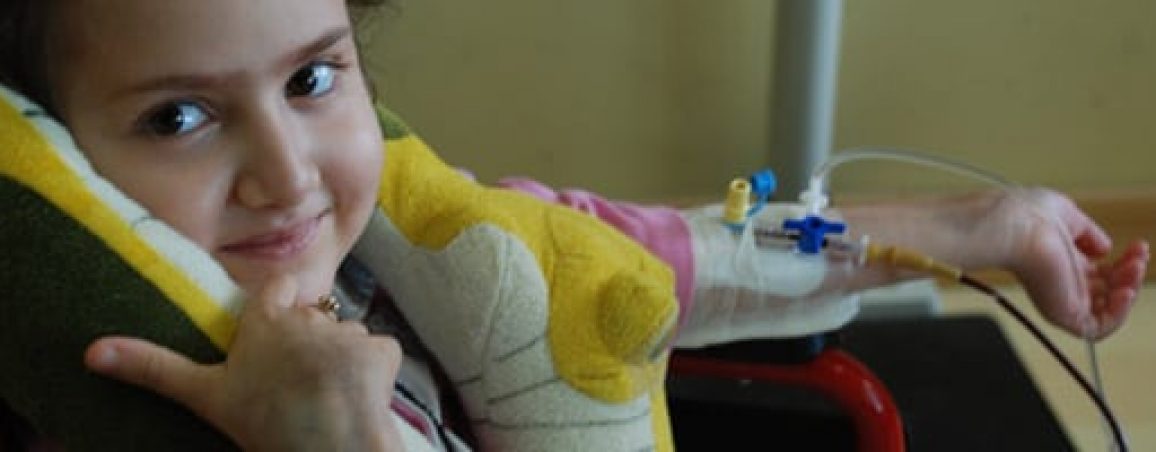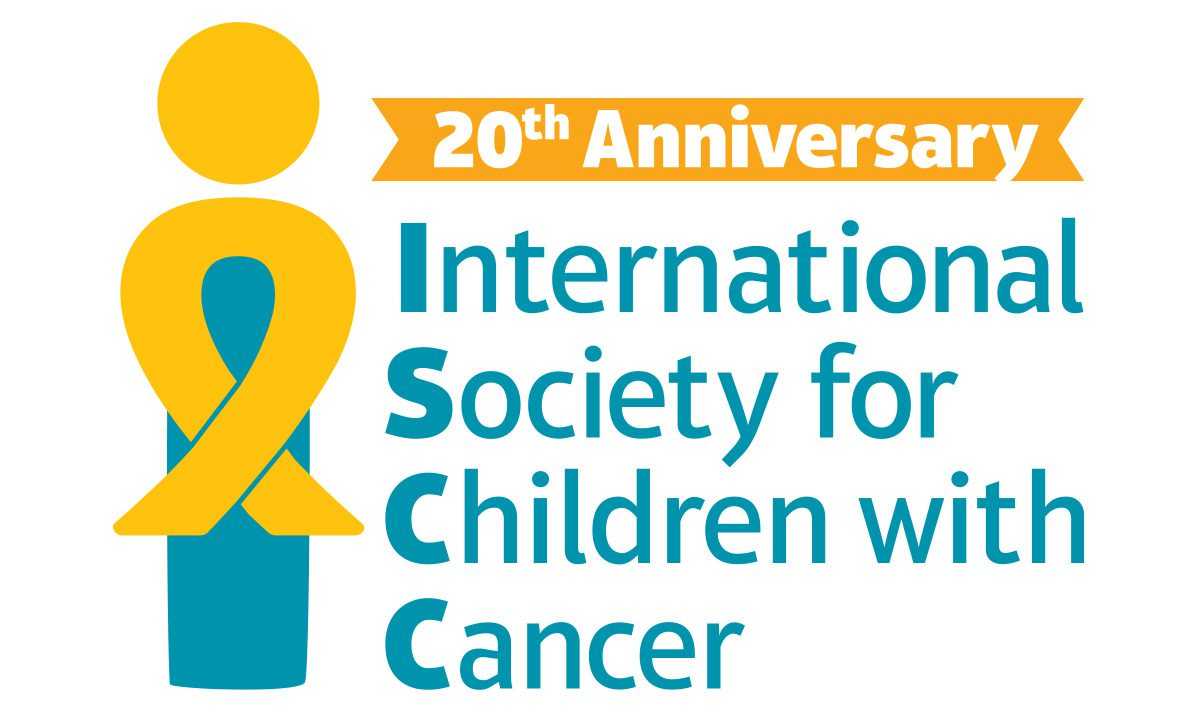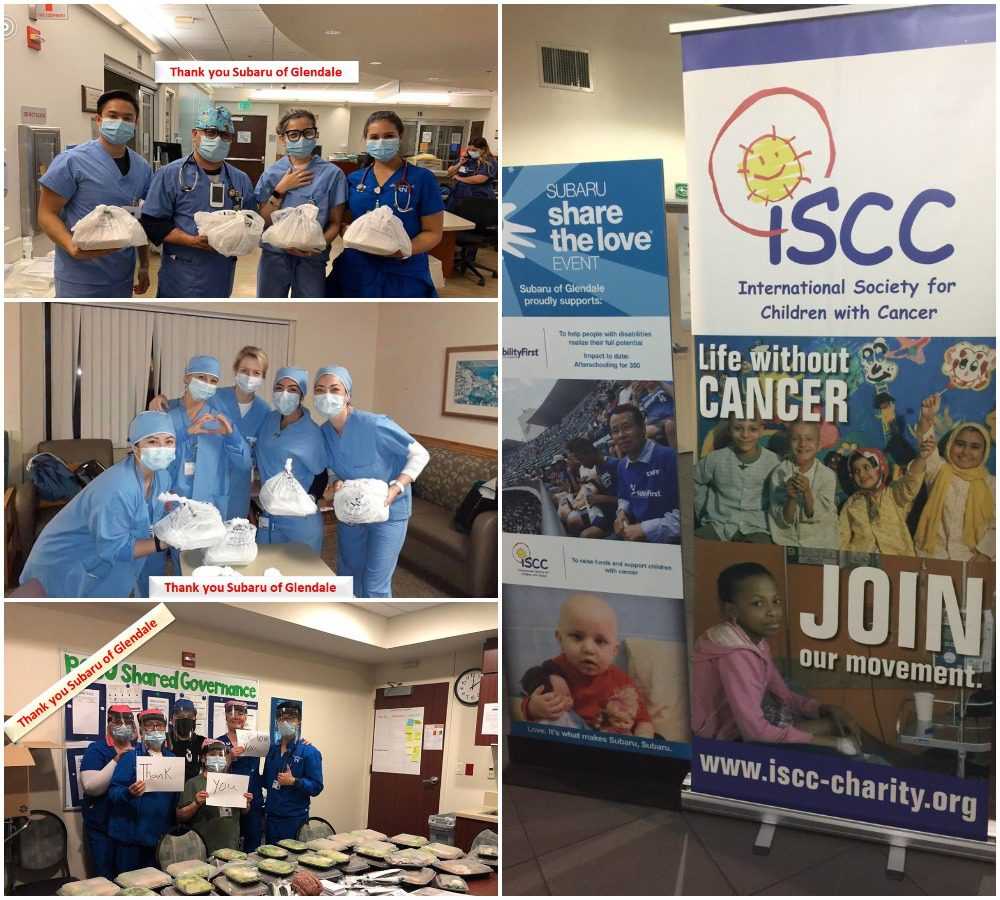Bone cancers are not uncommon in children and teenagers. These are known as primary cancers. Of course, cancer can start elsewhere in the body too, and then travel to the bones. Those cancers are metastatic cancers, and they’re far more common than primary bone cancer. The two most common types of cancer that originate at the bones of children and teens are osteosarcoma and Ewing sarcoma.
Osteosarcoma
This primary cancer commonly begins in bones. Because of their tendency to have more sustained growth spurts, boys are affected by it more often than girls. Most osteosarcomas begin in a specific location of a long bone like a femur, tibia, or fibula. The bottom of the femur near the top of the knee and the upper tibia just below the knee are common locations for osteosarcoma to begin. Another common location is the arm bone just below the shoulder, called the humerus. Osteosarcoma is an aggressive cancer that can spread in different ways, most commonly through the blood. It can then spread to other bones or organs like the lungs. Once it reaches the lungs or another organ, it’s characterized as a secondary cancer.
Ewing Sarcoma
This is the second most common type of bone cancer in children. It’s also a primary long bone cancer, but it can also be found in the ribs, pelvis, and spine. Sometimes it’s found in soft tissue surrounding bones. Ewing sarcoma usually occurs in boys from 10 years of age into their teen years. It might be ignored by parents as growing pains or minor injuries, but objective warning signs of Ewing sarcoma include swelling and localized warmth at the affected area. A few weeks after the onset of pain, a sensitive lump might form at the site that the sarcoma is located at. If Ewing sarcoma has metastasized, other organs and bone marrow will likely be affected.
Pain in the large bones, ribs, pelvis or spine might not be simple growing pains. If not diagnosed early, there’s a high likelihood that both osteosarcoma and Ewing sarcoma will metastasize. Both osteosarcoma and Ewing sarcoma are treatable, especially if they are caught early.











